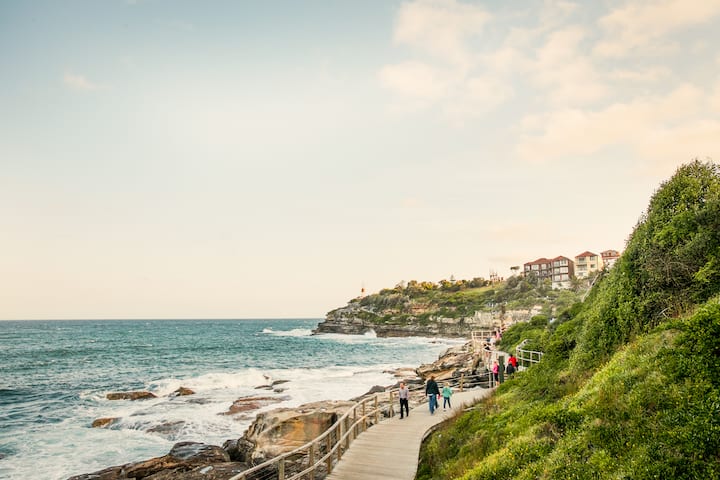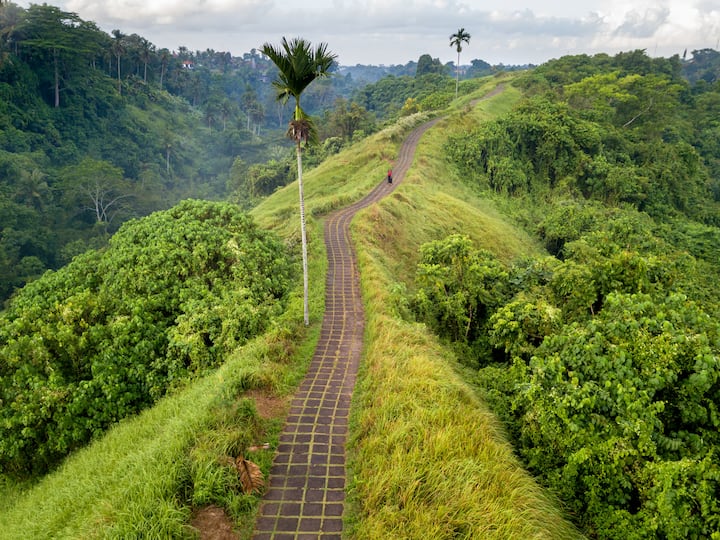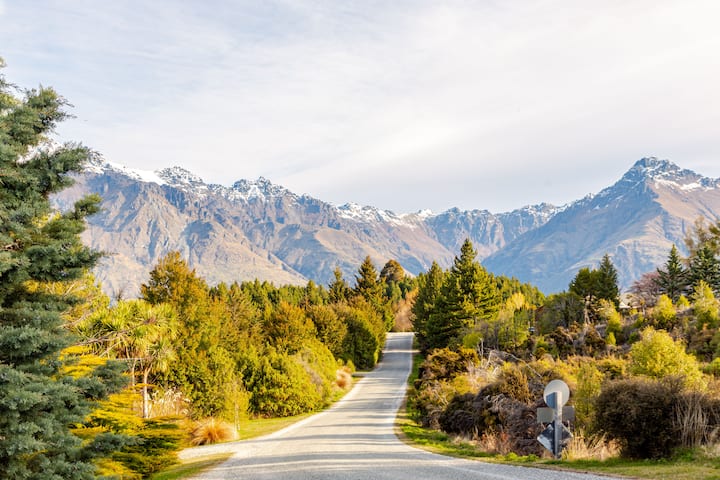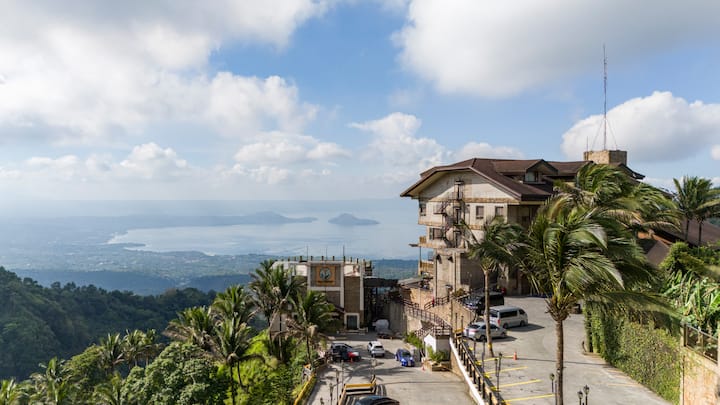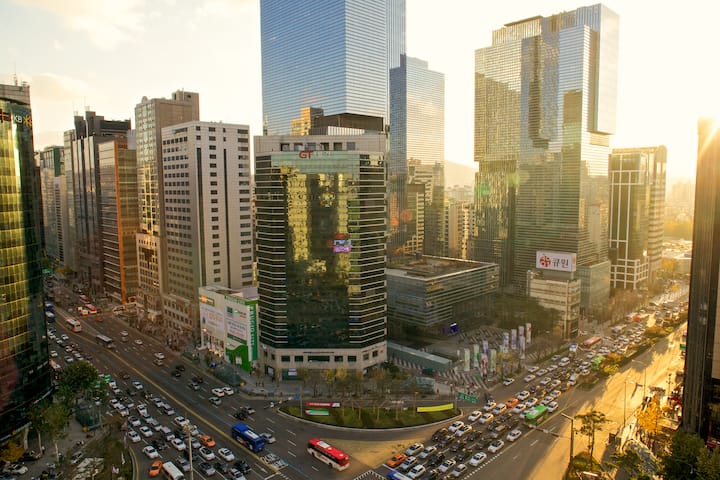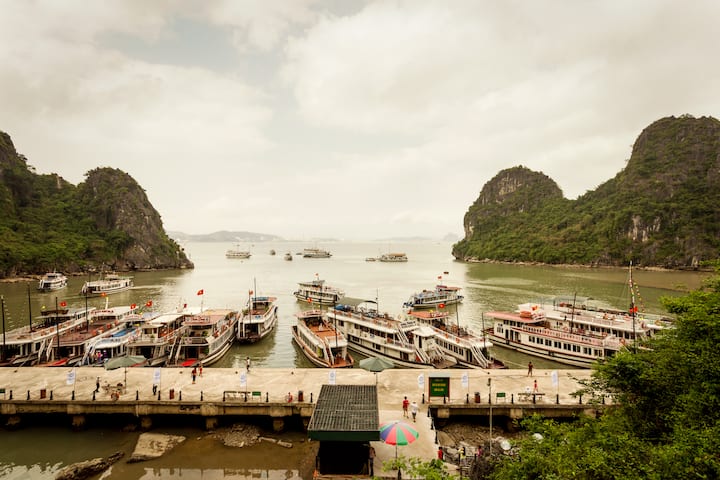ASIA PACIFIC
Every dooropens more

Millions of jobs, billions in value: Airbnb’s role in Asia-Pacific’s prosperity
Millions of jobs, billions in value: Airbnb’s role in Asia-Pacific’s prosperity
From Tokyo to Tasmania, Koh Samui to Kochi, every Airbnb door opens more. A place to stay becomes a catalyst for community growth. A host becomes an employer and a guest becomes a contributor. While these may be small, distributed decisions, together they play a meaningful role in the Asia Pacific region’s tourism economy.
From Tokyo to Tasmania, Koh Samui to Kochi, every Airbnb door opens more. A place to stay becomes a catalyst for community growth. A host becomes an employer and a guest becomes a contributor. While these may be small, distributed decisions, together they play a meaningful role in the Asia Pacific region’s tourism economy.
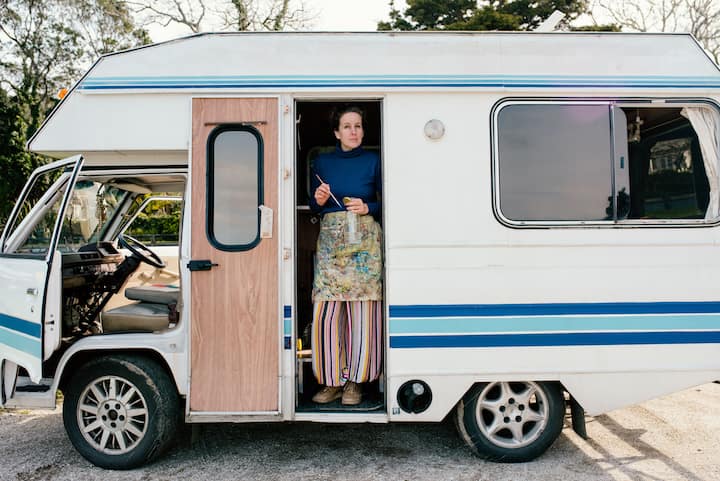
Short stays deliver lasting impact
In 2024, Airbnb’s $36B contribution to GDP across APAC included:
- USD 15 billion in direct GDP contribution
- USD 11 billion from indirect supply chain impact
- USD 10 billion from income-related induced effects
In 2024, Airbnb’s $36B contribution to GDP across APAC included:• USD 15 billion in direct GDP contribution• USD 11 billion from indirect supply chain impact• USD 10 billion from income-related induced effectsThe effects were felt in a wide range of settings, from cleaners in Penang, baristas in Seoul, drivers in Chennai, local guides in Siargao, product suppliers in Waikato, to street vendors in Da Nang.
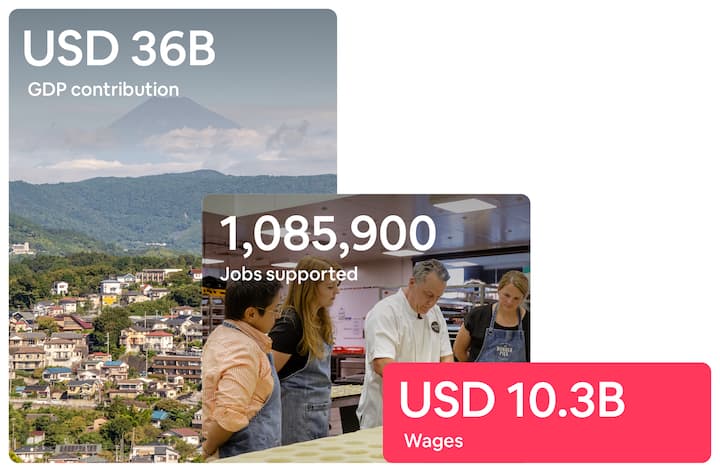
The ripple effect of Airbnb stays
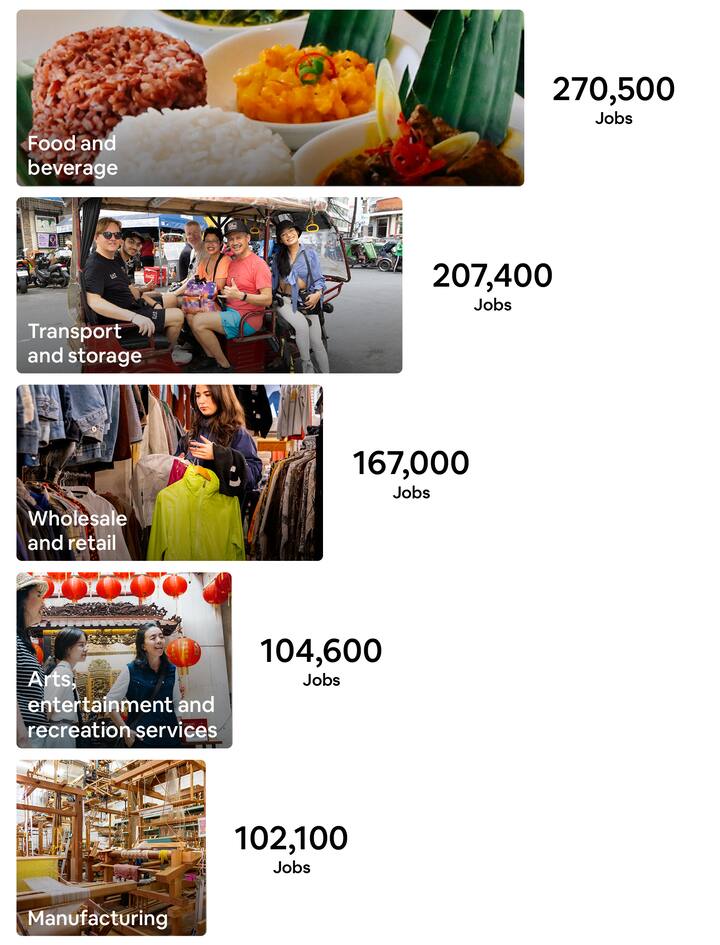
Guests and hosts spend in local communities, driving a ripple effect in local businesses that creates jobs for everyday people across the APAC region. Importantly, with an average spend of USD 171 per guest per day in non-accommodation spending, this economic boost isn’t just limited to lodging and stays but has a powerful impact in industries both directly and indirectly related to tourism.
Supporting local communities beyond hosts
Supporting local communitiesbeyond hosts
Top sectors by GDP contribution
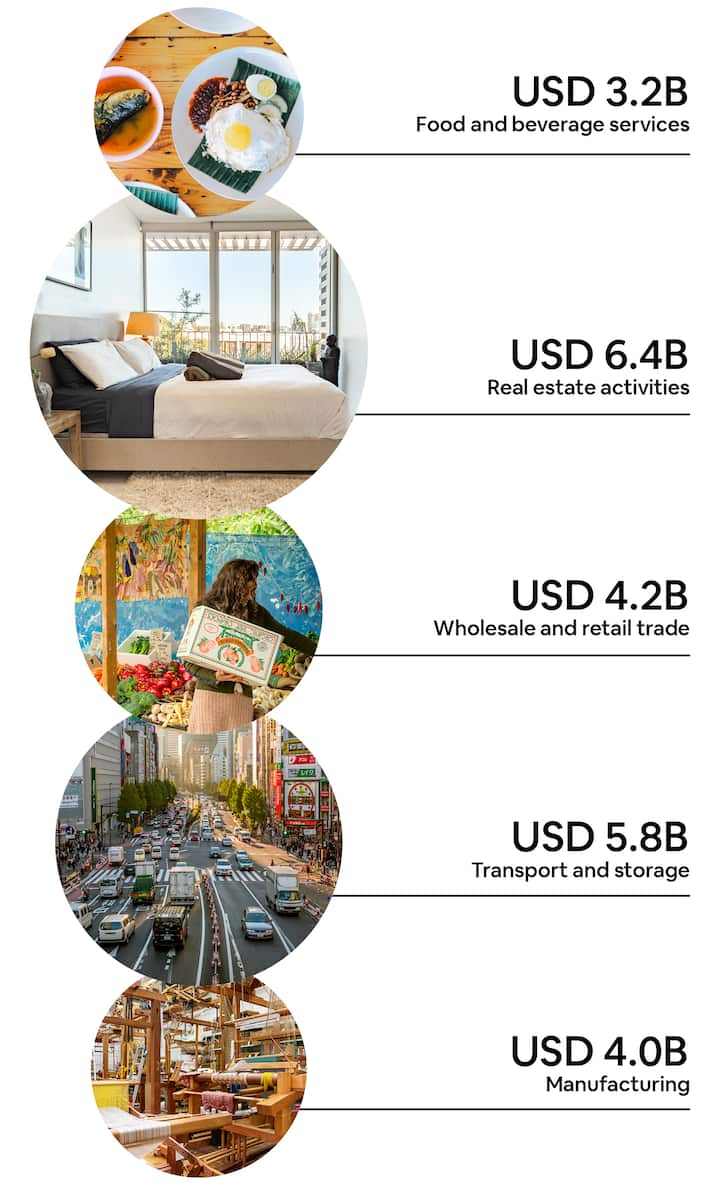
The guests shaping demand
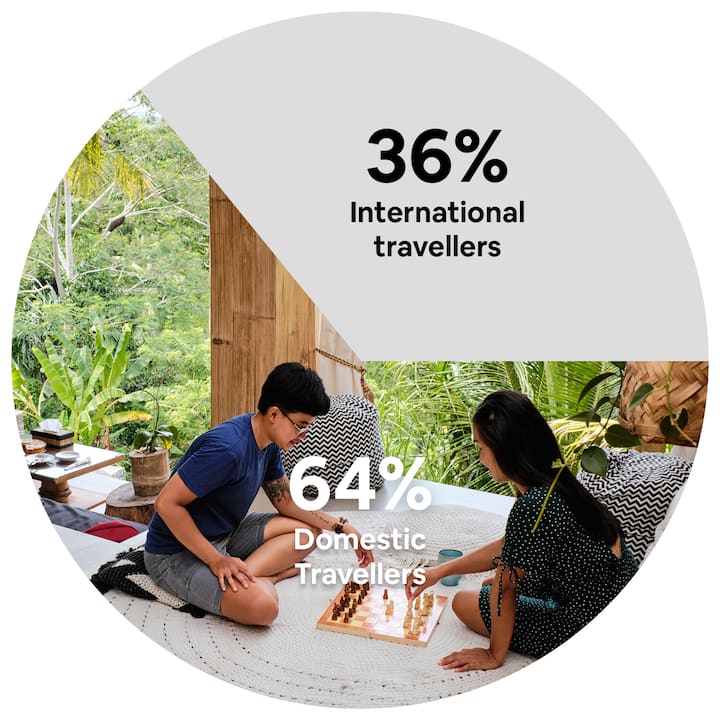
Airbnb’s network in the region also supported both domestic and international tourism in 2024. Domestic travel was particularly strong, reflecting the deep connection locals have with Airbnb’s personal, place-based style of travel as a way to rediscover their own countries. Among international travellers, top origin countries included:
- United States: 14 percent
- China: 11 percent
- Singapore: 10 percent
- Australia: 8 percent
- South Korea: 7 percent
Distributing the benefits of tourism further
Distributing the benefits of tourism further
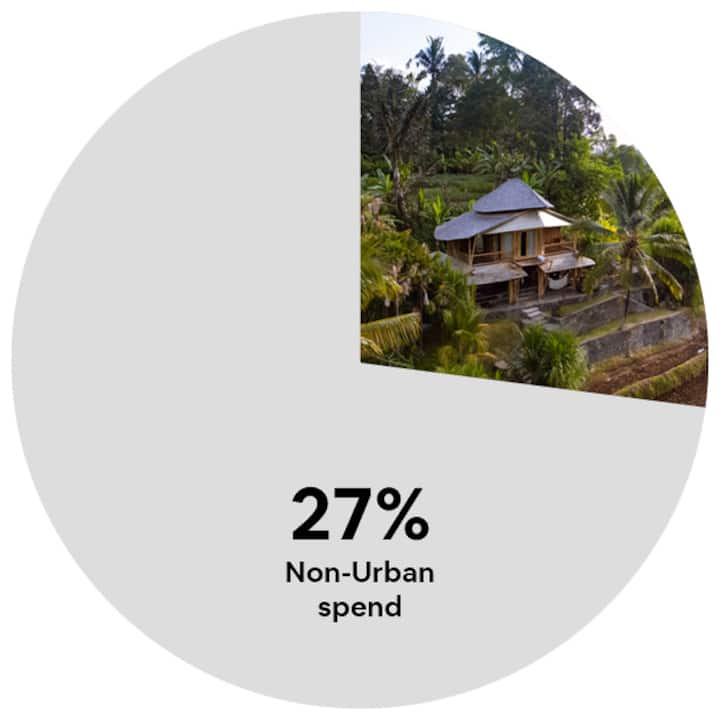
In 2024, approximately 27 percent of all accommodation spending by Airbnb guests in APAC occurred in non-urban areas. This share has increased from around 24 percent in 2019. Guests are choosing off-the-beaten-track accommodations and stays that sit outside more conventional ways to travel, helping to disperse tourism and empowering local communities with another stream of income. The pattern shows Airbnb’s ability to facilitate travel in areas where conventional hotel infrastructure is limited.
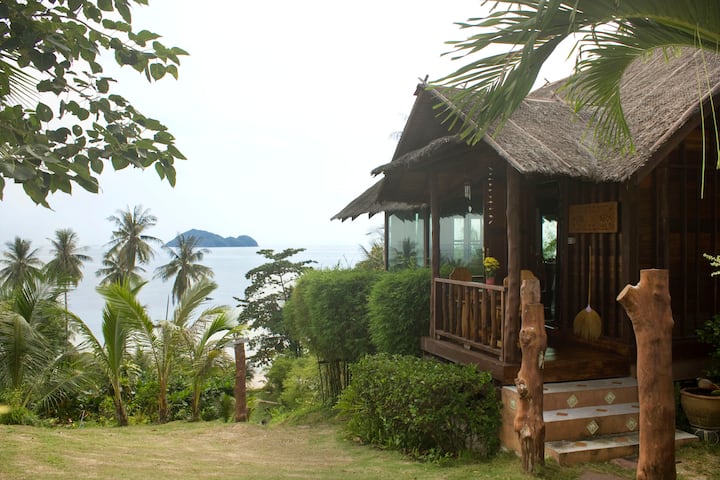
Airbnb’s role in a regionalised visitor economy
Across the 10 countries studied, the Airbnb platform is supporting diverse travel patterns and broad economic participation. Whether it is a coastal shack in Victoria, a family-run homestay in Chennai, a kominka in Japan, or a bach in Rotorua, Airbnb provides a pathway for individuals and communities to benefit from the tourism economy.
Explore by country
Learn more about how Airbnb is supporting people, places and prosperity across Asia-Pacific.
Learn more about how Airbnb is supporting people, places and prosperity across Asia-Pacific.

Airbnb commissioned Oxford Economics, a world-leading economic analysis and forecasting firm, to assess the impact of Airbnb’s ecosystem on communities throughout Asia Pacific.
Data source: Airbnb, Oxford Economics. Data based on 12 months from 1 January to 31 December 2024.
